Corticosteroids can relieve arthritis pain as part of a comprehensive treatment plan
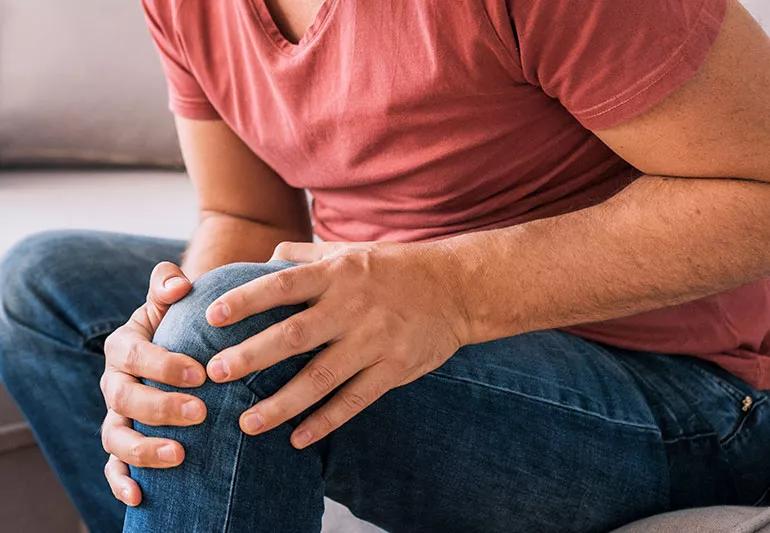
When every step brings a twinge of pain to your knee or hip, it’s time to consider your arthritis treatment options — and they don’t always come in a bottle. Corticosteroid injections can also bring relief to stiff, painful joints.
Cleveland Clinic is a non-profit academic medical center. Advertising on our site helps support our mission. We do not endorse non-Cleveland Clinic products or services. Policy
Corticosteroids reduce inflammation inside the joint. “Inflammation is swelling and warmth, and there is pain involved,” explains physician assistant Phillip Golnick, PA-C. “With the reduced inflammation there’s less pain, you may have better mobility and you are able to return to function.”
Steroid injections can be useful for both rheumatoid arthritis (RA) — an autoimmune disease that causes joint inflammation — and osteoarthritis (OA) — a degenerative form of arthritis. They can help relieve pain, but they don’t slow the progression of arthritis.
For knee and hip arthritis, steroid injections should never be the sole treatment. They’re just one part of a comprehensive arthritis strategy.
You can get knee corticosteroid injections right in your doctor’s office. Hip injections are technically more difficult and can’t easily be done in the office. Doctors use fluoroscopy (real-time X-ray) or ultrasound to find the right location to inject, so they don’t damage nearby nerves. You will typically see a specially trained radiologist for a hip corticosteroid injection.
Before injecting the steroid, your doctor will clean the skin and inject or spray your skin with an anesthetic to prevent you from feeling the needle stick. A numbing drug like lidocaine may also be mixed into the injection.
“The numbing agent typically provides some relief of the knee discomfort within a minute or two after the injection,” Golnick says. “They work for a few hours.”
Some soreness is common in the first few days after the shot. Apply ice to the area to relieve pain. Other possible side effects include infection, nerve damage, skin discoloration and weakening of nearby bones (osteoporosis). But these are rare.
Within one to four days after you get the injection, the steroid should kick in and start providing relief. The duration of pain relief varies based on the severity of the arthritis.
“If we’re seeing a patient early on, when they have mild-to-moderate changes inside the knee joint, they have a much better chance of the injection lasting a long time,” Golnick says. The effects of the injection can last for three months or more in someone with mild-to-moderate arthritis, but those with more severe arthritis could have a return of symptoms within a few weeks.
You can repeat the injections once every three or four months, but no more than four times a year. Overdoing it on steroids could actually hasten joint damage, Golnick says. If corticosteroids stop working, you could try another type of injection, such as hyaluronic acid (Euflexxa®, Synvisc®, Supartz®).
Steroid injections provide temporary relief from arthritis pain, but they’re not a long-term solution. “In most patients, arthritis is going to progress. Eventually, treatments that are working today will probably lose effectiveness,” Golnick says. “That’s when patients start looking at joint replacement surgery to help them with their pain and discomfort.”
This article originally appeared in Cleveland Clinic Arthritis Advisor.
Learn more about our editorial process.
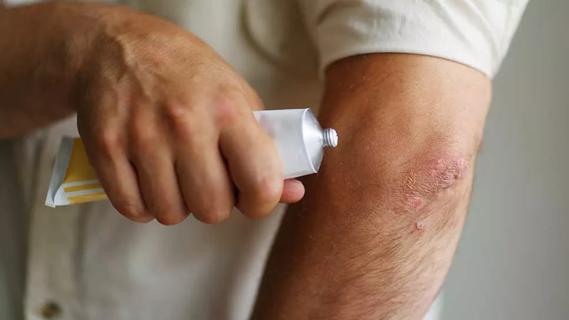
Steroids, self-injections and medications can be game changers
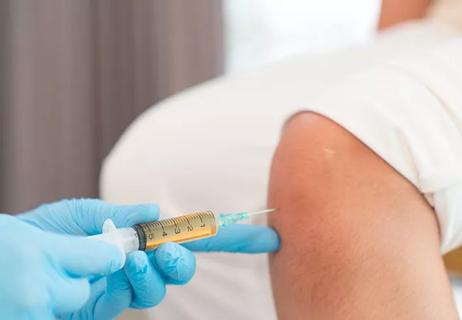
Several options to help get you moving
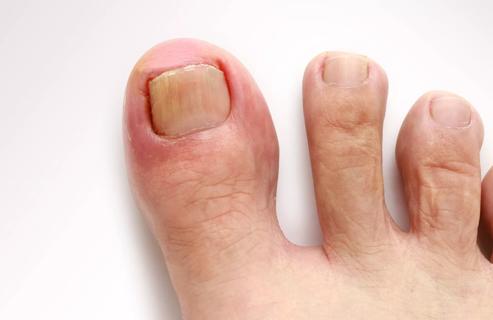
Pain meds, toenail protectors and petrolatum jelly may spare you a trip to a podiatrist

An ice bath can ease sore muscles and decrease inflammation after a workout
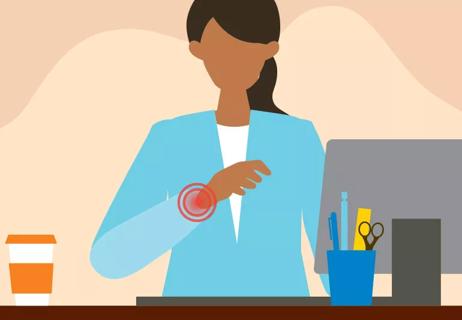
Wrist flexor and extensor stretches are the best stretches for wrist pain
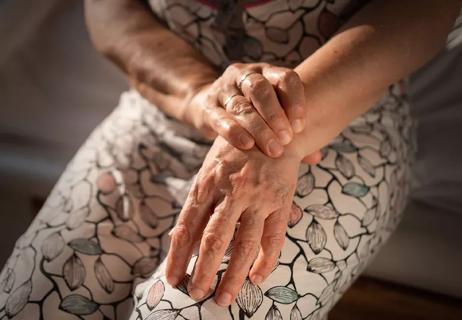
Simple exercises like tendon glides and finger lifts can have a big impact

They can last 10 to 15 years, but factors like age and activity level can impact their longevity
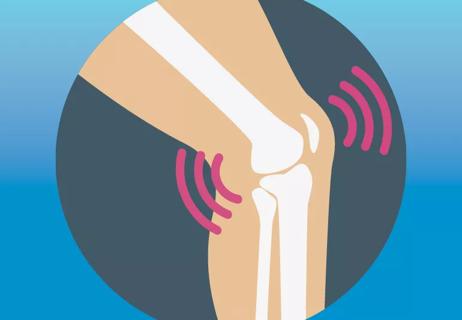
It’s a normal, common occurrence, but popping with pain or swelling may be a sign of an injury

Your metabolism may torch 1,300 to 2,000 calories daily with no activity

A gentle touch in all the right places may help drain your sinuses